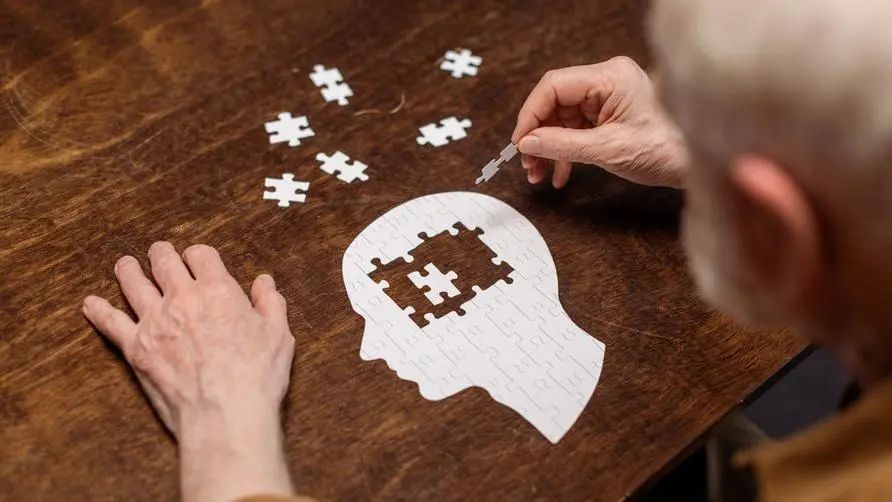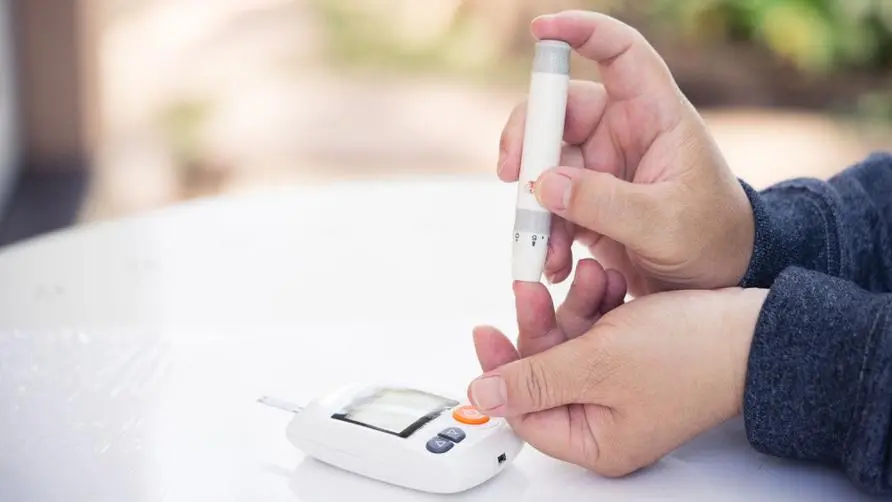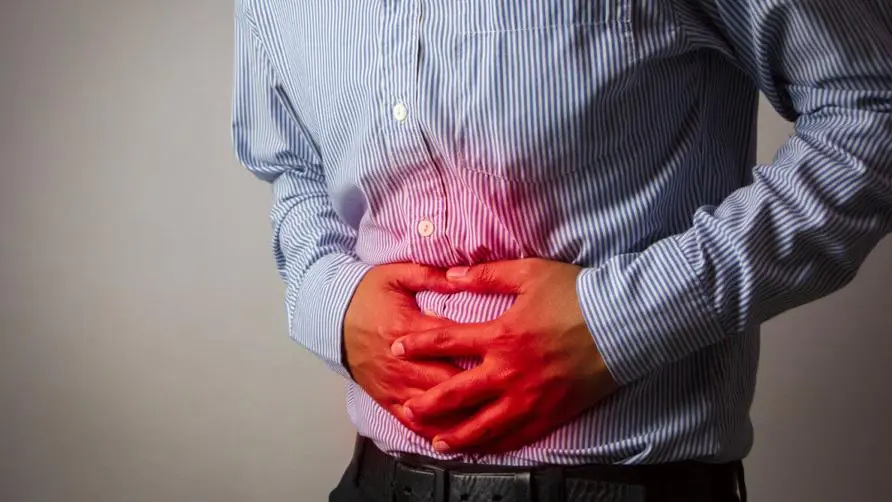The deputy mayor of Taipei City was shocked to report that he had suffered a stroke! In case of emergencies, remember the "FAST mantra" to strive for the golden treatment period

Taipei City Vice Mayor Tsai Bingkun suddenly felt unwell during a meal on the 11th and fell to the ground on the spot. Before he fell to the ground, he felt that he could not raise his left hand and even had difficulty talking. He was sent to the hospital and was suspected of having a stroke. According to statistics on the top ten causes of death in Taiwan from the Ministry of Health and Welfare, cerebrovascular diseases rank 2-4 among the top 10 causes of death in Taiwan, claiming an average of more than 10,000 precious lives every year. Even if patients survive, they may leave varying degrees of disease. Nervous dysfunction not only causes a heavy burden for patients and caregivers, but also seriously affects the quality of life.
What are the types of strokes? Suffering from “these diseases” is a high-risk group
Taiwan Ministry of Health and Welfare, Health Promotion Administration pointed out that the types of stroke can be divided into three main types: first, ischemic stroke, which is caused by vascular stenosis due to the disease of the cerebral blood vessels themselves or impurities or blood clots in the blood vessels from other parts. They are washed away by the blood flow and form emboli, which lead to brain tissue necrosis and dysfunction. The two common types are cerebral thrombosis and cerebral embolism.
The second is hemorrhagic stroke, which occurs due to the rupture of cerebral blood vessels and blood flows into the brain tissue to form a blood clot that compresses the brain tissue. Common types include intracerebral hemorrhage and subarachnoid hemorrhage. The third is a temporary ischemic attack (mini-stroke), which is caused by temporary cerebral ischemia and causes stroke symptoms. It usually recovers completely within 24 hours without leaving any sequelae.
As for who is at high risk for stroke? According to guidelines published by the Taiwan Health Promotion Administration, “hard-to-change” risk factors for stroke can be divided into the following three categories:
Age: Men are older than 45 years old, women are older than 55 years old.
Gender: Men have a higher chance of stroke than women.
Family history: If male and female relatives in the family suffered myocardial infarction or died suddenly before the age of 55 and 65 respectively, they are at a higher risk of stroke.
As for the risk factors that “can be modified” through medical treatment or lifestyle, the following diseases are the main ones:
High blood pressure: Excessively high blood pressure can easily damage the intima of blood vessels, lead to accumulation of cholesterol, and accelerate the hardening of blood vessels; it can also easily burst blood vessels and increase the risk of cerebral hemorrhage.
Diabetes: It can easily thicken and harden blood vessel walls, leading to stroke.
Heart disease: Patients with heart valve disease are prone to form emboli in the heart, such as blocking blood vessels in the brain, and are prone to stroke. Especially when arrhythmia occurs, the risk of stroke is increased.
Hyperlipidemia: Excessive blood lipids in blood vessels will accelerate arteriosclerosis, and such patients usually have obesity, hypertension, coronary heart disease, etc., which increases the chance of stroke.
Sickle cell anemia: related to young-onset stroke.
In addition, eating salt, coffee, high-cholesterol diet, polycythemia, oral contraceptives, and taking certain drugs (amphetamines, heroin) may induce stroke.
When encountering a stroke, remember the FAST mantra to “stay calm in the face of trouble” Taiwan Health Promotion Administration urges patients to improve “4 bad habits”
The Taiwan Health Promotion Administration stated that when brain tissue is damaged, various symptoms of brain dysfunction will occur. Common symptoms include crooked mouth and eyes, weakness of one or both limbs, numbness, confusion or coma, slurred speech or communication Difficulty, difficulty swallowing or drooling, dizziness and headache, unsteady gait, movement disorders, incontinence, visual impairment, convulsions, etc. The public is reminded to remember the “FAST mantra” for stroke to facilitate people’s memory and judgment. When symptoms of acute stroke are discovered, they can seek medical treatment immediately or assist others and strive for 3 hours of golden treatment:
“Temporary” weakness of hands and feet: unilateral weakness of hands and feet, or unilateral inability to lift hands and feet (ARM).
It is also difficult to smile “slightly”: the facial expression is asymmetrical, or the corners of the mouth are crooked (FACE).
Speech is not clear: slurred speech or inability to express (SPEECH).
Don’t be “chaotic” and seek medical attention immediately: If you see one of the above signs, write down the time of onset immediately and notify 119 for emergency medical treatment (TIME).
In addition, the Taiwan Ministry of Health and Welfare calls on the public to improve four major lifestyle habits to reduce the risk of stroke:
Not exercising: Obesity will accelerate arteriosclerosis, increase the load on the heart, and increase the risk of stroke. More than one-third of stroke patients do not have regular exercise habits; regular exercise habits can reduce the risk of stroke.
Unhealthy diet: About a quarter of stroke patients do not consume a balanced diet, especially lacking in fiber such as fruits and vegetables. It is recommended to consume more than 5 kinds of fruits and vegetables every day.
Smoking: Smoking can easily cause vasoconstriction, increase blood pressure and accelerate atherosclerosis, which can easily lead to stroke. More than one tenth of stroke patients are related to smoking. Direct smoking or passive inhalation of second-hand smoke will increase the risk of stroke. People are encouraged to quit smoking immediately.
Drinking alcohol: Excessive drinking and binge drinking can easily lead to obesity and hyperlipidemia. More than 1 million stroke patients around the world drink too much every year. It is recommended that women should not drink more than 1 drink a day (wine 120-150c.c, beer 330c.c, whiskey 30-40c.c, etc.), while men should not drink more than 1 cup a day. More than 2 cups.
Source:
Further reading:
“Asymptomatic” may also have had a stroke! Be alert if 5 signs appear





